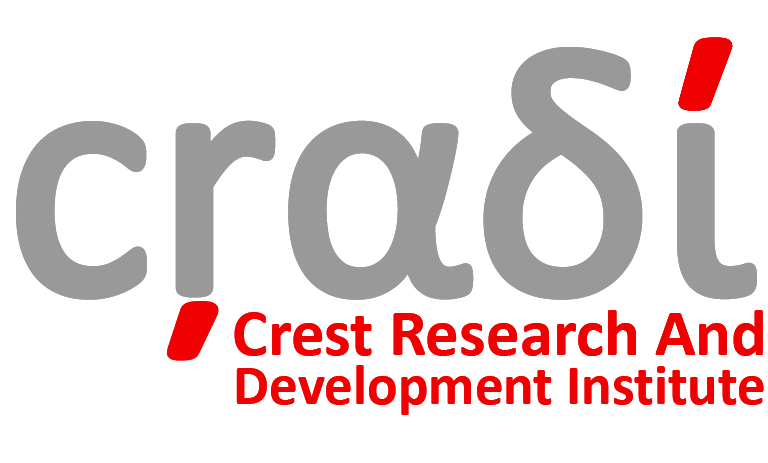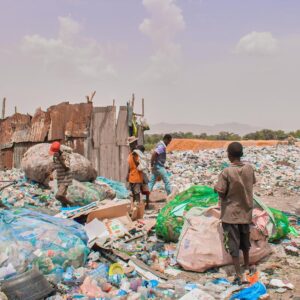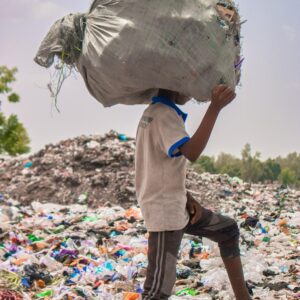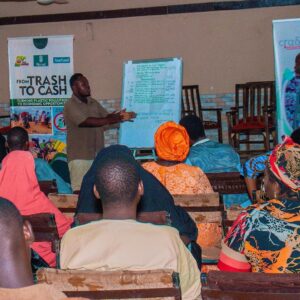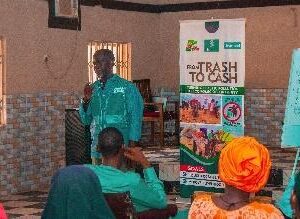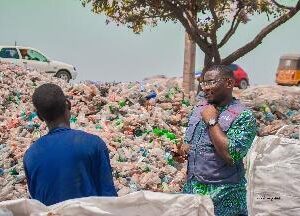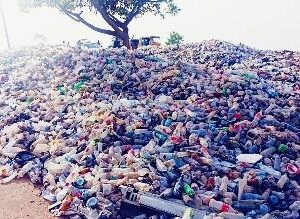Client - Tearfund

Objective:
Effective management of plastic waste
Practice Area:
Research
Status:
Completed
Locations:
Nigeria - Adamawa State
Start Date:
February 2023
End Date:
March 2023
Project Summary
The effective management of plastic waste was considered important, leading to the implementation of a three-year-long project called “From Trash to Cash: Turning Plastic Waste into Economic Opportunity.” The project was initiated by Yola Renewal Foundation (YRF) in partnership with Tearfund and funded by the Norwegian Development Programme (Norad). Its main objectives were to prevent plastic waste from entering the River Benue, reduce plastic pollution in the aquatic ecosystem, and create economic opportunities by recycling the waste and generating employment for marginalized community members living in poverty.
The project focused on Doubeli, Boramji, Anguwan Tana, Rumde, and Jambutu communities in Yola North, Adamawa State. A key component was the establishment of a plastic recycling facility in Yola North. To promote waste segregation and proper handling of plastic waste at the household level, community Eco-champions were recruited. These volunteers not only educated households but also facilitated the purchase of plastic waste from each household, which was then delivered to the recycling plant. Additionally, the Eco-champions worked at the recycling facility, contributing to the transformation of waste into other products
It was acknowledged that workers involved in waste management, including waste pickers, faced various human rights concerns and hazards. These included hazardous working conditions, lack of occupational safety and health (OSH) measures, low earnings, weak positions in the waste management system, social stigma, and discrimination.
Recognizing the potential impact of human rights breaches on waste pickers, Eco-champions, and the target communities, the Trash2Cash project aimed to comprehend their working context and assess the project’s impact on upholding human rights throughout its implementation.
Purpose of the Study
The Human Rights Impact Assessment (HRIA) sought to build understanding of the impact of the Trash to Cash project on the enjoyment of human rights by waste pickers and to help shape appropriate solutions and mitigations. The assessment took stock of the cross-cutting ways in which the enjoyment of rights can potentially be harmed as a result of the project. The assessment focused on impacts on human rights that may result from core project activities, such as engaging waste pickers, and their interactions with community members and government agencies. The assessment established the extent of the impact that project activities have on human rights, particularly when they disproportionately affect certain vulnerable groups among the waste pickers or exacerbate existing discriminatory patterns in the community. Crest Research and Development Institute (CRADI) conducted the Impact Assessment of the Trash to Cash Project for Tearfund, specifically to achieve the following objectives:
Specific Objectives of the study
- Assess the livelihoods and working conditions of waste pickers in the specified project communities.
- Propose mitigation strategies to address potential adverse impacts on waste pickers in the project communities.
Stakeholders Engaged
Waste pickers 50% men and 50% women
- Tearfund and YRF Trash to cash project staff
- Recycling Eco Champions
- Community Eco Champions
- Line ministries (Waste management, Environment, water resources, women and youth, employment).
The assessment adopted a mixed research method. Primary data was collected through questionnaires, semi-structured interviews and Facilitated Group Discussion (FGD) with waste pickers, aggregators, community and recycling eco-champions, staff of government ministries, and other relevant project stakeholders. CRADI utilized the OECD Due Diligence Guidance for
Responsible Business[1] Conduct to study the risk and human rights clime of the project and provide practical and technical data driven recommendations for the implementation of a risk averse and human right complaint project. The study equally assessed the level to which the project’s model adheres to the United Nations “Protect, Respect and Remedy” Framework through the existence and deployment of the project’s responsibility to respect human rights on both Foundational and Operational principles.
A Human Rights Matrix was deployed with the severity of human rights impacts categorized using the following criteria; scale, scope, irremediability. The Human rights impacts considered in this study are those in accordance with the common human rights impacts experienced by waste pickers as presented by the Fair circulatory principles.
Project Gallery


